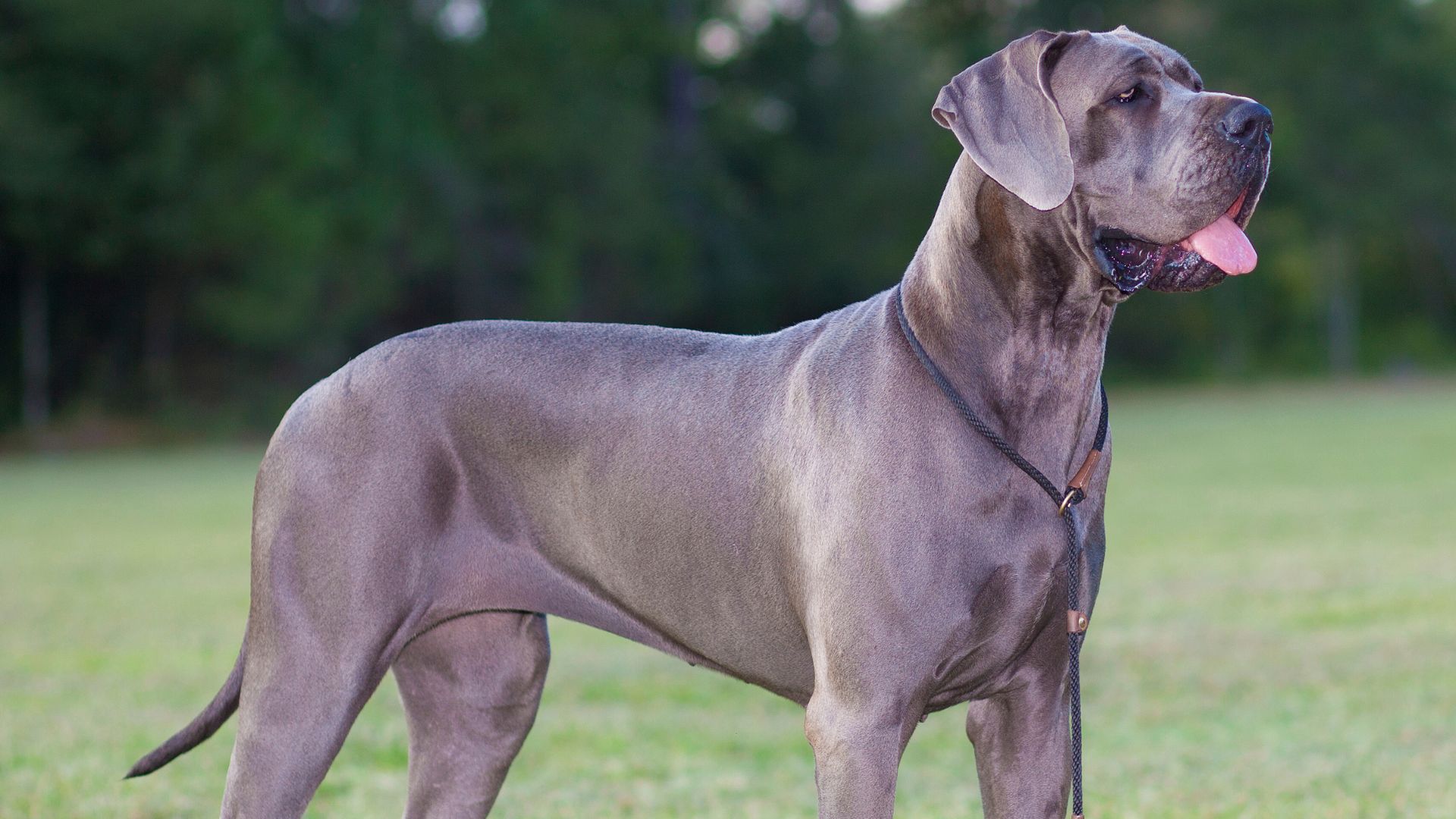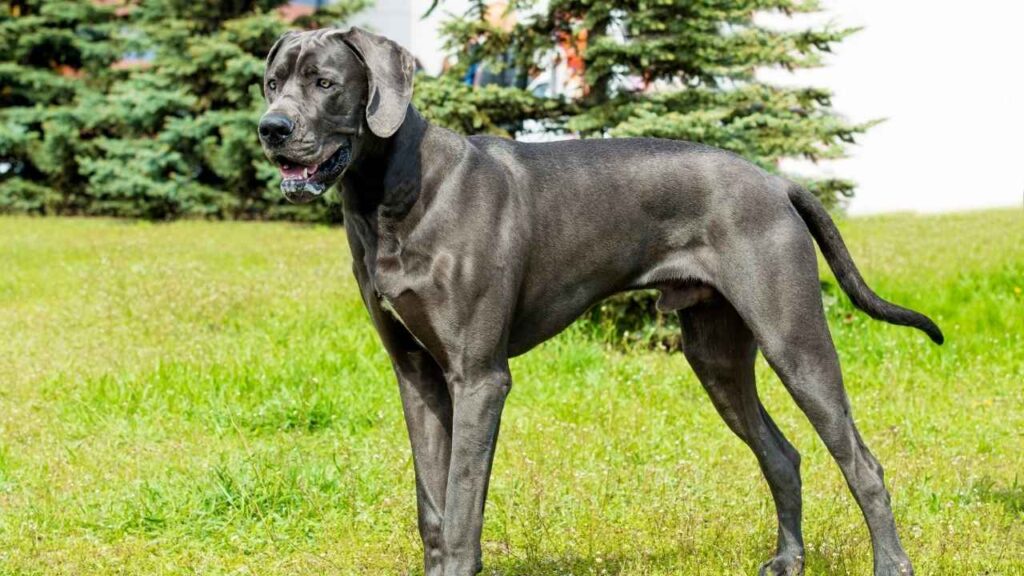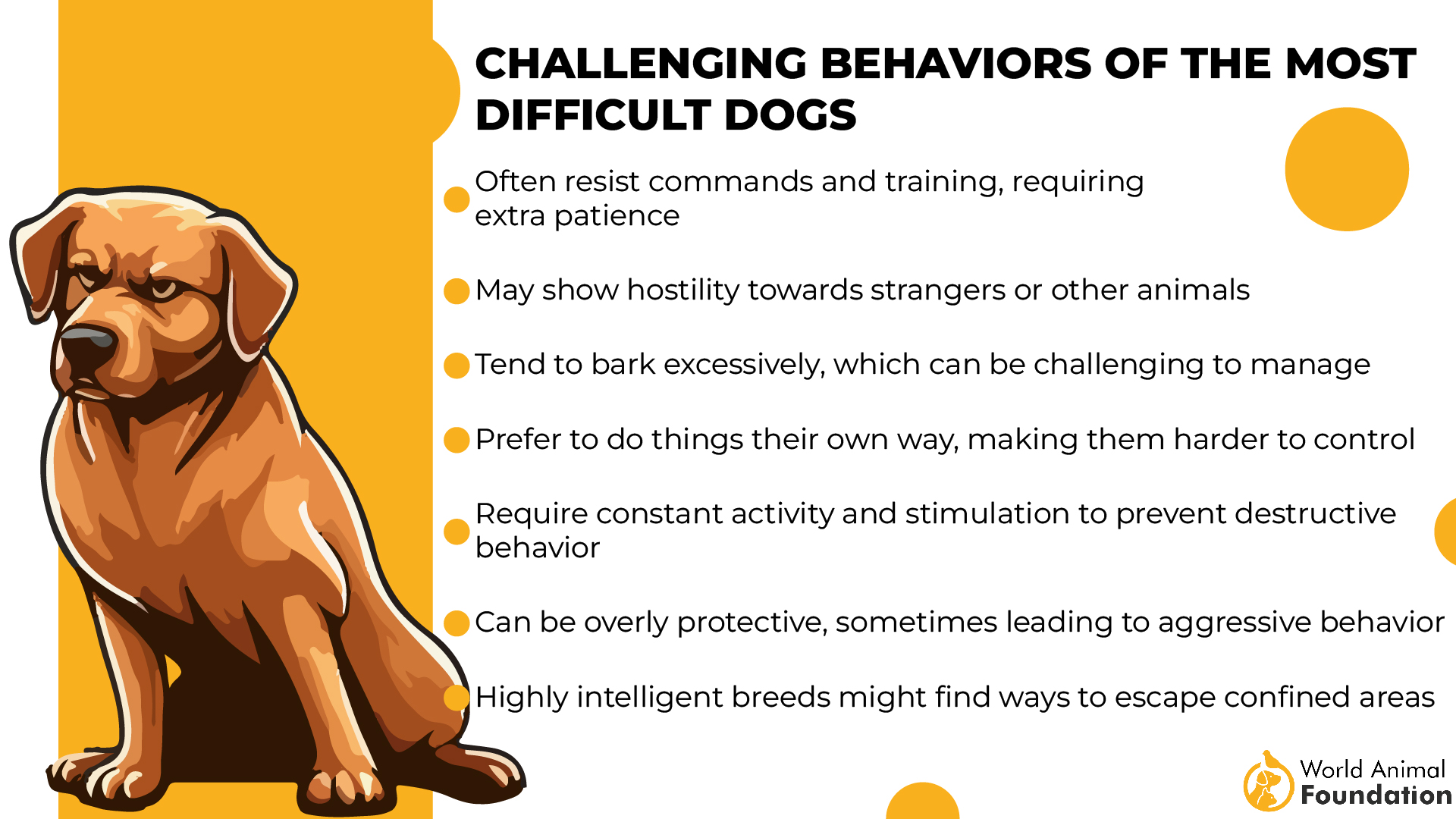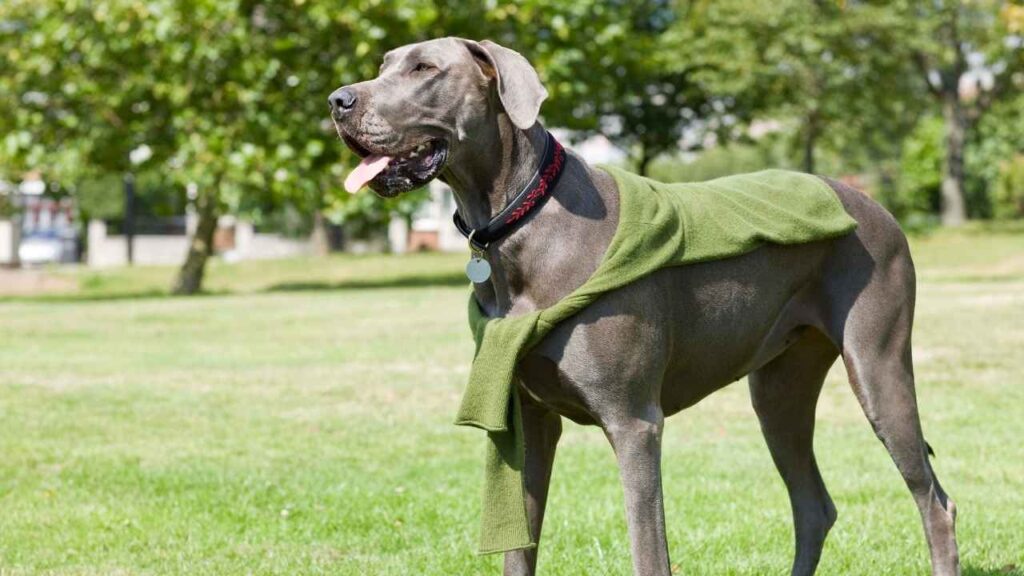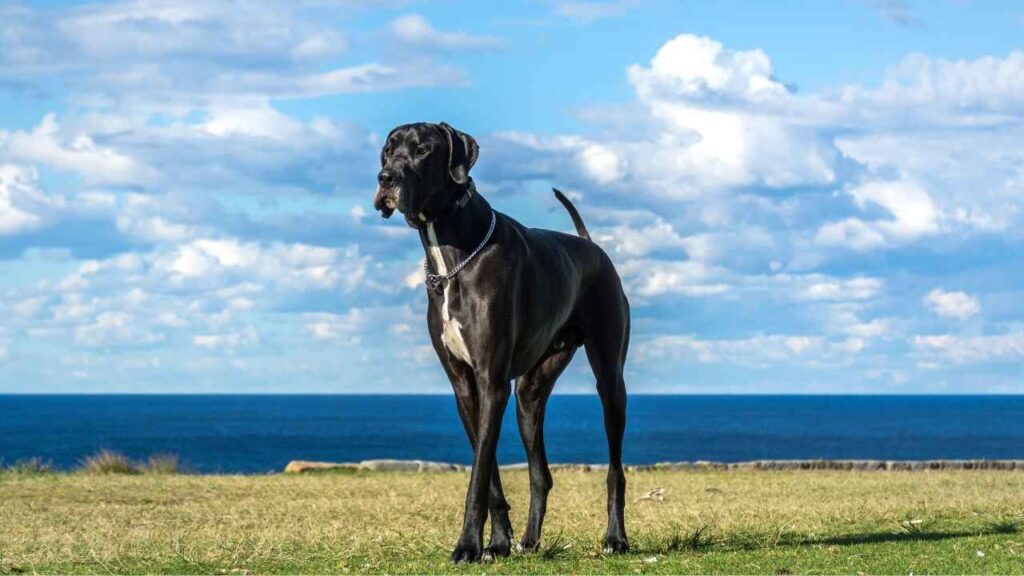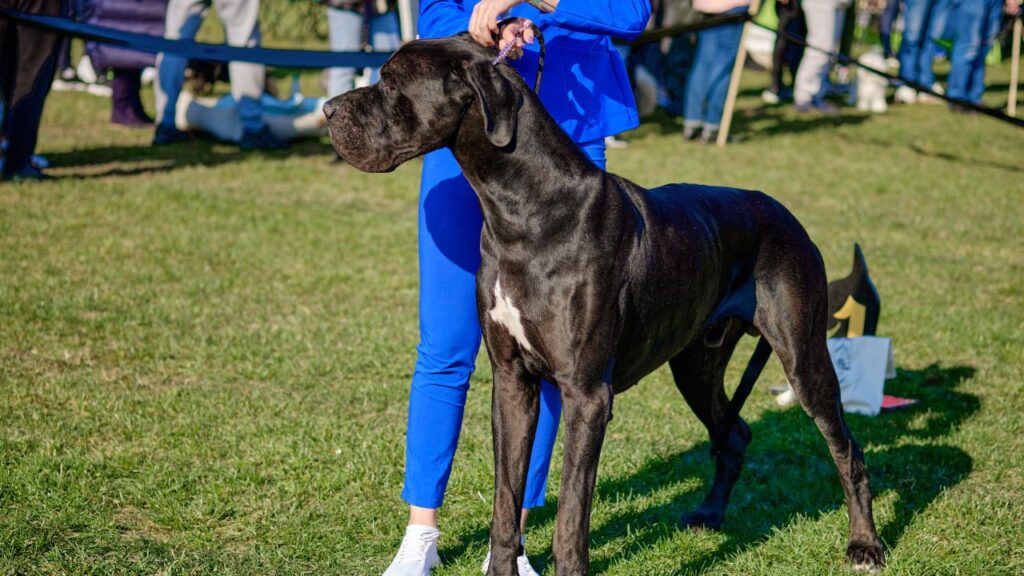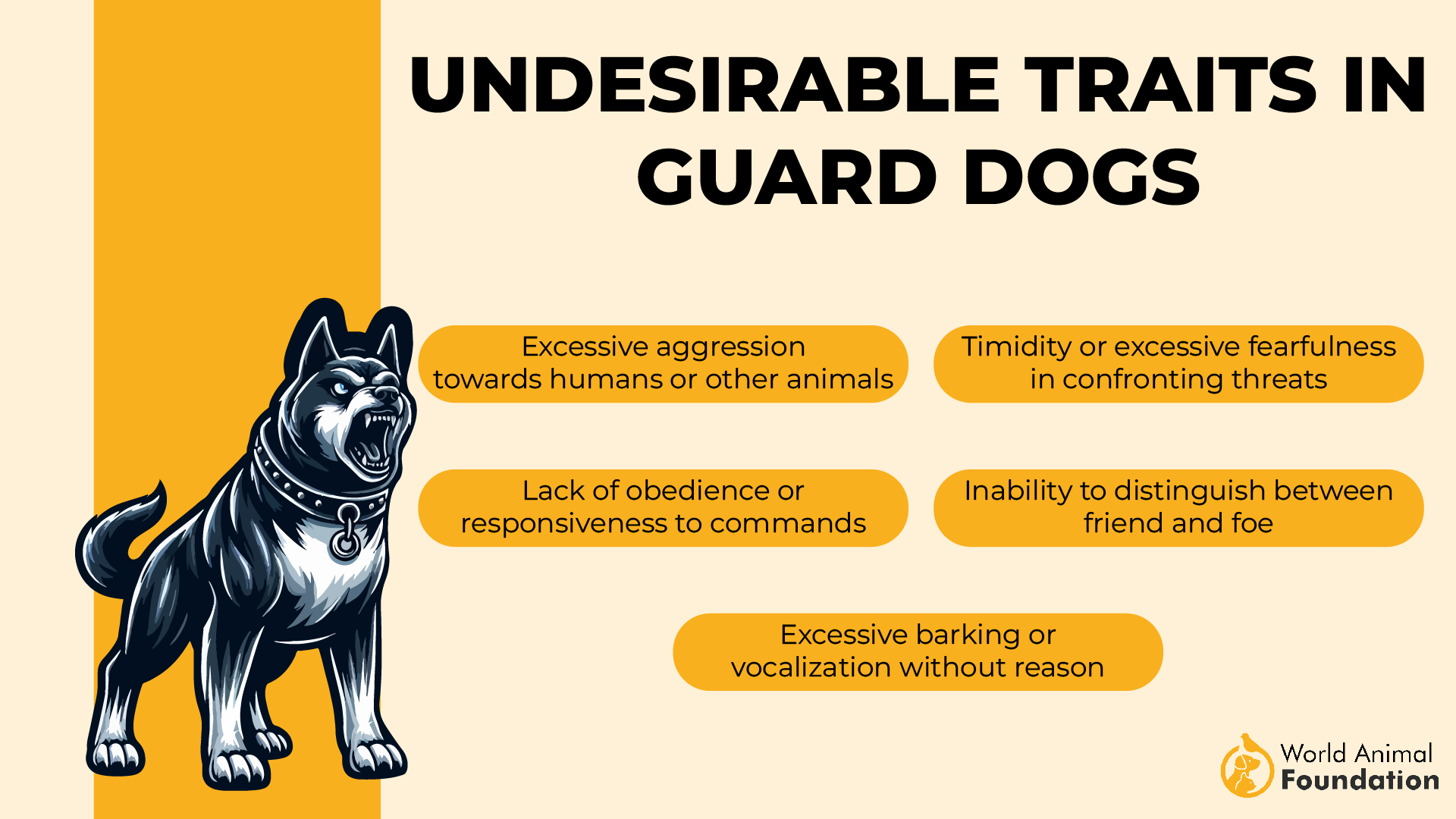Great Danes, with their towering presence and regal demeanor, often spark curiosity about their potential as guard dogs. Known as gentle giants, these dogs combine an imposing appearance with a surprisingly affectionate and friendly nature. While their sheer size and deep bark can be naturally intimidating, making them a potential deterrent to intruders, Great Danes are more renowned for their companionship and loyalty rather than aggressive guarding instincts. Understanding the unique blend of traits these majestic dogs offer is crucial for anyone considering a Great Dane as a guardian of their home and family.
When you think of Great Danes, what’s the first thing that comes to mind? A towering, horse-sized dog with a heart as big as its paws? Or perhaps Scooby-Doo, the goofy yet lovable mystery solver? While these “gentle giants” are famous for their laid-back and affectionate demeanor, they also have a reputation for being protective and loyal companions. But does that make them good guard dogs? Let’s take a closer look at this question and dive into the world of these magnificent dogs to find out!
Whether you’re looking for a guardian to watch over your home or simply wondering if a Great Dane’s colossal presence can deter would-be intruders, this article will guide you through the ins and outs of their temperament, physical capabilities, and potential as guard dogs.
Spoiler alert: They might just surprise you!
Are Great Danes Good Guard Dogs?
The short answer is yes—but with a twist. Great Danes have all the qualities you’d see in an excellent guard dog: loyalty, intelligence, and an intimidating size that makes strangers think twice. Their deep, resounding bark alone could send chills down an intruder’s spine. But here’s the kicker: they’re also giant teddy bears who’d rather cuddle than confront.
They aren’t naturally aggressive, which is both a blessing and a challenge regarding their guard dog potential. While they’re fiercely loyal to their families and have an innate protective instinct as great watchdogs, they do not go into full attack mode and let out a loud bark unless they truly feel threatened.
So, are they good guard dogs compared to other dogs? Absolutely—if you’re looking for a gentle giant who’s more about deterrence than aggression. Their imposing presence does most of the work for you, but don’t expect a Great Dane to transform into a police K-9. They’re more likely to protect you through sheer presence than teeth and tenacity.
The Majestic Great Dane: A Quick Overview
Hailing from Germany, Great Danes with high energy levels were originally bred to hunt boars—yes, you read that right.
These dogs were designed to take down wild boars, one of the most ferocious animals in the forest. Over time, their role shifted from hunter to companion, but their majestic lineage remains evident in their strong, muscular build and commanding presence.
Despite their imposing size, Great Danes are famously sweet-natured. PetMD claims they’ve earned the nickname “Apollo of Dogs” for their regal appearance and gentle temperament. Standing up to 32 inches tall at the shoulder (and much taller when they stand on their hind legs), these dogs turn heads wherever they go. But don’t let their aristocratic looks fool you—they’re big softies at heart and love nothing more than lounging on the couch with their favorite family members.
In pop culture, these dogs with an affectionate nature have been immortalized as playful and lovable characters, from Scooby-Doo to Marmaduke. But beyond the cartoonish antics, they are loyal, intelligent, and deeply connected to their families. This combination of traits makes them good watchdogs—but their true potential as guard dogs depends on a few key factors.
Physical Traits: Impressive Size and Strength
Let’s address the elephant—or should we say, the Great Dane—in the room: their sheer size. These dogs are nothing short of colossal. Adult Great Danes can weigh anywhere between 100 to 200 pounds (as per Orvis), with males typically tipping the scale on the higher end. Their height and bulk alone are enough to stop most would-be intruders in their tracks.
This large dog’s muscular build and long legs make them surprisingly agile for their size, and their powerful bark could easily be mistaken for a lion’s roar. But here’s the funny part: most Great Danes are blissfully unaware of their size. They’ll try to curl up in your lap like a 10-pound lapdog, utterly oblivious to the fact that they’re crushing your legs. This mix of physical power and charming cluelessness makes them lovable—and a tad intimidating to strangers, being one of the largest dog breeds out there.
However, size isn’t everything. A Great Dane’s strength and stature make them excellent deterrents, but it’s their protective behavior and training that determine how effective they are as guards.
Personality: Gentle Giants with a Devoted Nature
These dogs form incredibly strong bonds with their families and are known for fiercely protecting their loved ones. They’re the type of dog who will shadow you around the house, always keeping an eye on you to ensure you’re safe and sound. AKC says they are dependable dogs!
Despite their size, these dogs, with a gentle nature, are incredibly patient, especially with children. Modern Great Danes are known as “nanny dogs” because of their calm and loving nature around little ones. They love to spend time with kids.
But don’t mistake their kindness for weakness. If they sense a potential threat, their protective instincts kick in, and they’ll do whatever it takes to keep their family safe.
That said, they’re not naturally aggressive. Their default setting is “peaceful giant,” they’re more likely to scare off an intruder with their bark and stature than with any actual aggression. This makes them excellent companions for families who want a protective dog without the risks that come with more aggressive breeds.
Training: Unlocking Their Potential as Guard Dogs – A Closer Look
When it comes to training a Great Dane as a guard dog, patience and consistency are key. These dogs are intelligent and eager to please but also have a stubborn streak. Their proper training requires a gentle yet firm approach, with plenty of positive reinforcement to keep them engaged.
Socialization is crucial. Exposing your Great Dane to different people, environments, and situations helps them distinguish between real threats and everyday occurrences. Their protective instincts can become overactive without proper socialization. Hence, WebMD suggests training them at a young age is better!
Specific guard dog training can amplify their natural protective instincts. Teaching commands like “stay,” “guard,” or “watch” can be incredibly effective in channeling their energy. But remember: a Great Dane’s strength lies in deterrence, not aggression. They’re not attack dogs, and pushing them too hard with professional training in that direction could harm their gentle temperament.
Health Insights: Lifespan and Common Concerns
One of the few downsides of owning these effective guard dogs is their relatively short lifespan compared to most dogs. On average, these gentle giants live 7 to 10 years, which can feel heartbreakingly brief for such a loving and devoted breed. Their size, while impressive, comes with its own set of health issues, including joint issues, heart diseases, hip dysplasia, and a condition called bloat, which can be life-threatening if not treated quickly.
Regular vet check-ups, a healthy diet, and appropriate exercise are essential for keeping your Great Dane in tip-top shape. While their size might suggest they need endless activity, they’re actually quite laid-back and require moderate exercise to stay healthy. Overexertion, especially in puppies, can lead to certain health issues like joint problems down the road.
Despite these challenges, they are incredibly resilient and, with proper care, can lead happy, fulfilling lives. Their health concerns are something to be mindful of, but they’re not a dealbreaker for those who are ready to embrace the joy of owning a Great Dane.
Conclusion
So, are Great Danes good guard dogs? Absolutely—though perhaps not in the traditional sense. These gentle giants rely more on their size, loyalty, and guarding instincts to keep their families safe than on aggression or ferocity. They are not typically aggressive, but their deep bark and towering presence are often enough to deter potential intruders, making them excellent watchdogs with a heart of gold.
At the end of the day, a Great Dane is much more than a potential guard dog—they’re a devoted companion, a loyal protector, and a source of endless love and laughter. Whether you’re looking for a canine guardian or simply a gentle giant to share your life with, the Great Dane is a breed that brings unparalleled joy and security to any home.
Great Danes, known for their massive size and gentle demeanor, can be effective deterrents due to their imposing presence. While not traditionally bred as guard dogs, their loyalty and protective instincts towards their families can make them reliable in alerting owners to potential threats. However, their friendly nature might render them less aggressive compared to other guard breeds. Proper training is essential to harness their capabilities for guarding without compromising their gentle disposition. Therefore, while Great Danes may not be the ideal choice for traditional guard dog roles, their imposing stance and loyalty can offer some level of home protection.

